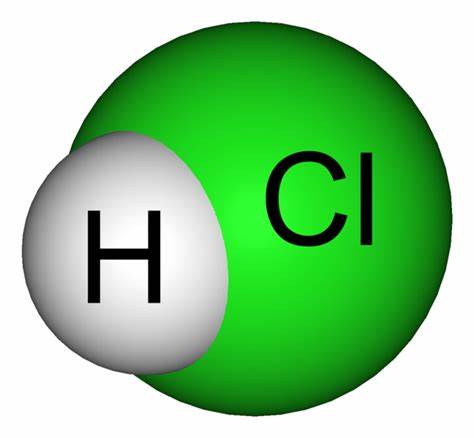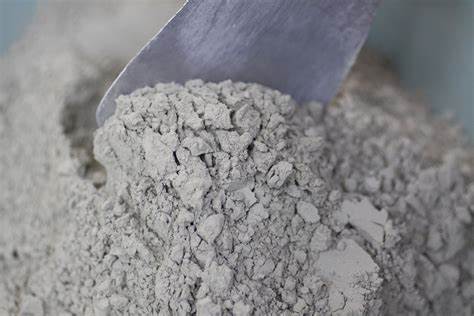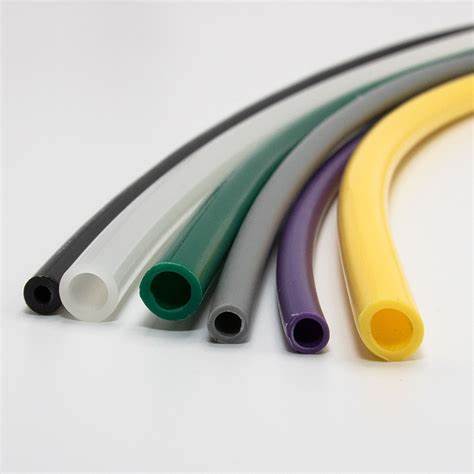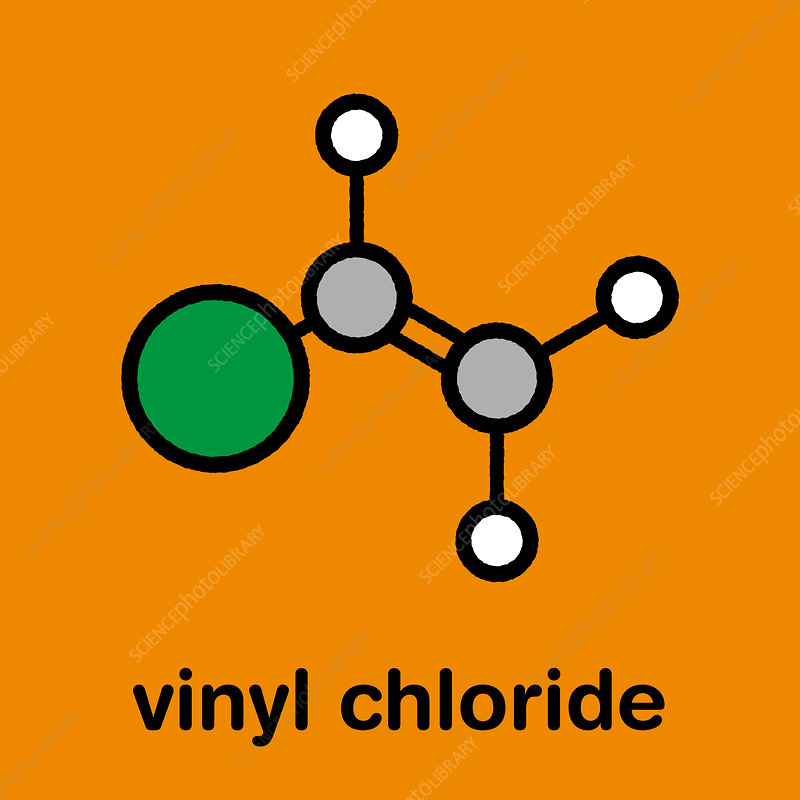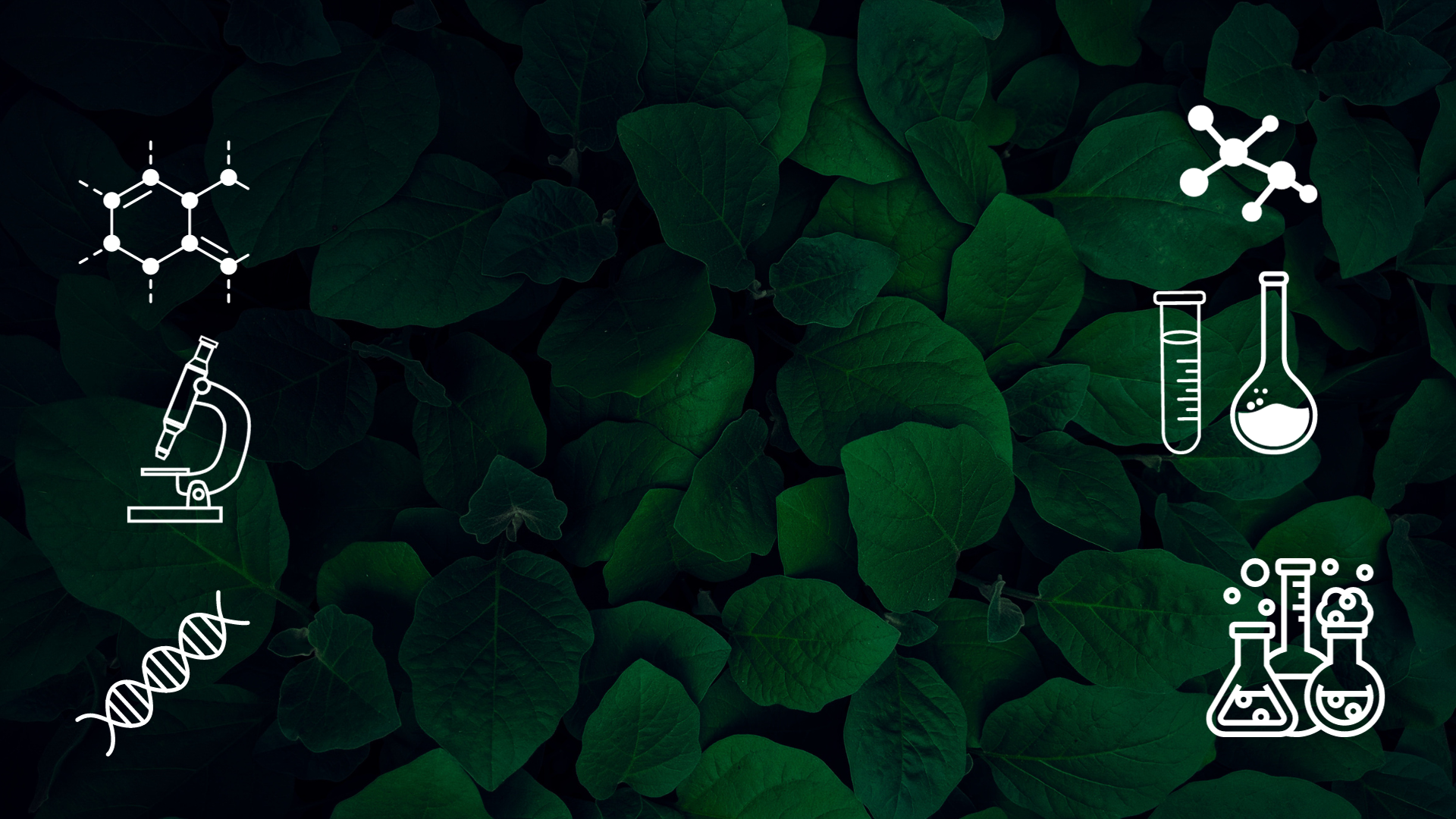
Green Synthesis: Nature's blueprint for sustainable chemistry
Explore the Project
About the Project
"Green synthesis: Sustaining our planet, improving our lives, and making chemistry cleaner, greener, and meaner."
Green synthesis is of paramount importance in our day-to-day life for several compelling reasons. First and
foremost, it significantly reduces the environmental impact of chemical processes by minimizing the use of
hazardous materials and the generation of harmful waste products. This approach aligns with the growing
global concern for sustainability and a cleaner environment.
Green synthesis also promotes resource efficiency by employing renewable feedstocks and energy-efficient
methods, ultimately conserving valuable resources. It contributes to the development of eco-friendly
products, including pharmaceuticals, materials, and chemicals, which are safer for consumers and the
environment.
Furthermore, the adoption of green synthesis techniques can lead to cost savings, making products more
affordable and accessible to the public. This approach plays a crucial role in addressing global challenges
such as climate change and pollution while improving the overall quality of life by providing access to
safer, sustainable, and affordable products and technologies.
-
Difference
What are the distinctions between traditional synthesis and green synthesis?
Green synthesis and traditional synthesis are two different approaches to producing various materials and compounds. Traditional synthesis methods typically involve the use of harsh chemical reagents and solvents, which can generate significant waste and have detrimental effects on the environment. These methods often consume a lot of energy and may lead to the release of harmful byproducts, contributing to pollution and ecological damage. On the other hand, green synthesis is an eco-friendly and sustainable alternative. It focuses on minimizing the environmental impact by using benign reagents, renewable resources, and energy-efficient processes. Green synthesis techniques prioritize the principles of sustainability, reduced waste, and the use of non-toxic, biodegradable materials, making them more environmentally responsible. In summary, the primary difference lies in their environmental impact, with traditional synthesis methods being less sustainable and environmentally friendly compared to the greener and more sustainable practices of green synthesis.
Traditional Synthesis |
Green Synthesis |
|
|---|---|---|
|
Chemical Reagents |
Traditional methods often use a wide range of chemical reagents, some of which may be hazardous or toxic. |
Green synthesis primarily employs environmentally friendly and non-toxic reagents, reducing the risk to human health and the environment. |
|
Solvents |
Conventional methods frequently use volatile organic solvents that can be harmful, generate waste, and contribute to air pollution. |
Green synthesis aims to minimize or eliminate the use of hazardous solvents and instead uses benign or water-based solvents, reducing environmental impact. |
|
Energy Consumption |
Traditional methods may consume significant energy, contributing to higher carbon emissions. |
Traditional methods often generate large amounts of waste, including harmful byproducts, which require careful disposal. |
|
Waste Generation |
Traditional methods often generate large amounts of waste, including harmful byproducts, which require careful disposal. |
Green synthesis strives to minimize waste generation, as it typically produces fewer unwanted byproducts and waste materials. |
|
Resource Utilization |
Conventional methods may not efficiently use raw materials and resources, leading to resource depletion. |
Green synthesis promotes the use of renewable and sustainable resources, which helps preserve natural resources. |
|
Environmental Impact |
Traditional methods can have a significant negative impact on the environment due to the release of pollutants and toxic waste. |
Green synthesis focuses on sustainability and aims to reduce its environmental impact, making it more eco-friendly. |
|
Economic Considerations |
Traditional methods may be cost-effective initially but can result in higher long-term environmental and disposal costs. |
Green synthesis may involve higher upfront costs but can lead to cost savings in terms of waste disposal and environmental compliance. |
|
Sustainability |
Traditional methods are often less sustainable and can contribute to environmental degradation. |
Traditional methods are often less sustainable and can contribute to environmental degradation. |
|
Regulatory Compliance |
Conventional methods may face increasing regulatory scrutiny and restrictions due to environmental and health concerns. |
Green synthesis is more likely to meet and comply with evolving environmental regulations. |
|
Innovation |
Traditional methods have been widely used for many years and may resist innovation. |
Green synthesis encourages the development of innovative and cleaner technologies for chemical synthesis. |
-
Everyday Life
How Green Synthesis shapes our everyday life?
Welcome to a world of conscious choices! Our website is your gateway to a diverse range of products meticulously crafted using both green synthesis and traditional synthesis methods. You'll find an array of options, from organic and natural skincare to eco-friendly cleaning supplies, sustainable clothing and textiles, herbal remedies to biodegradable packaging, eco-friendly home decor, and even green and conventional energy solutions. We're here to empower you with information, helping you make choices that resonate with your values and lifestyle. Dive in and explore where sustainability and tradition converge, all conveniently at your fingertips.
-

Eco-friendly Home Decor
01
-

Organic and Natural Skincare Products
02
-
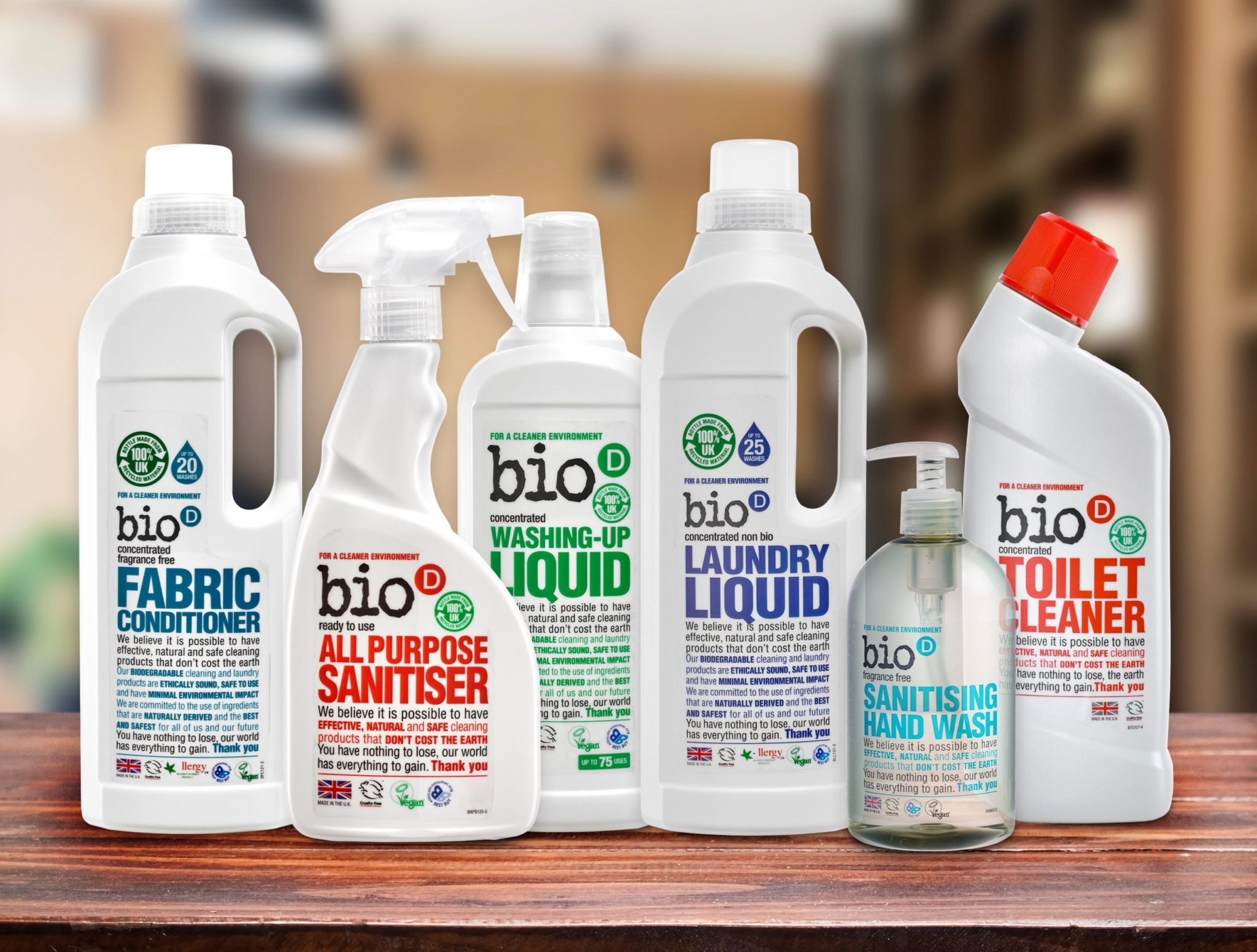
Eco-Friendly Cleaning Supplies
03
-

Eco-Friendly Technology and Electronics
04
-

Sustainable Clothing and Textiles
05
-

Herbal Supplements and remedies
06
-

Biodegradable Packaging and Products
07
-
And Many More...
Products
List of chemical compounds that are produced with an emphasis on environmentally friendly synthesis methods.
The following chemical compounds are manufactured with a strong commitment to environmentally sustainable synthesis techniques. These methods prioritize reduced environmental impact, the use of renewable resources, and safer, eco-friendly processes. By adopting these practices, we aim to create a more environmentally responsible and sustainable chemical industry.
Team
.png)
About Us
Wish to know about us? Here it is!
We are a dedicated team of four students from Pimpri Chinchwad College of Engineering (PCCoE), consisting of Rushikesh, Pranali, Shreeya, and Harshal. With a passion for environmental sustainability and innovation, we've embarked on a collaborative journey to make a positive impact through our project. Our shared commitment to learning, exploring, and creating drives us to tackle challenges with enthusiasm. Under the guidance of our esteemed mentors, Priya Pawar Ma'am and Amol Kharche Sir, we are excited to contribute our skills and knowledge to the field of green synthesis and further our collective understanding of eco-friendly technologies.
Contact
Your feedback is important to us!
We hope this message finds you well. We greatly value your opinion and would like to invite you to share your feedback on our project. At greensynthesis.netlify.app, we are committed to continuous improvement, and your input is invaluable to us. Whether you have positive comments or constructive criticism, we'd like to hear from you. Your feedback will help us enhance our project and ensure it meets your needs and expectations. Please take a few moments to provide your feedback.
-
Address:
Pimpri Chinchwad College Of Engineering, Sector -26, Pradhikaran, Nigdi, Near Akurdi Railway Station, Pune - 411 044. -
PRN No. :
Rushikesh Patil : 123 B1B 222
Pranali Patil : 123 B1B 221
Shreeya Patil : 123 B1B 225
Harshal Patil : 123 B1B 217





